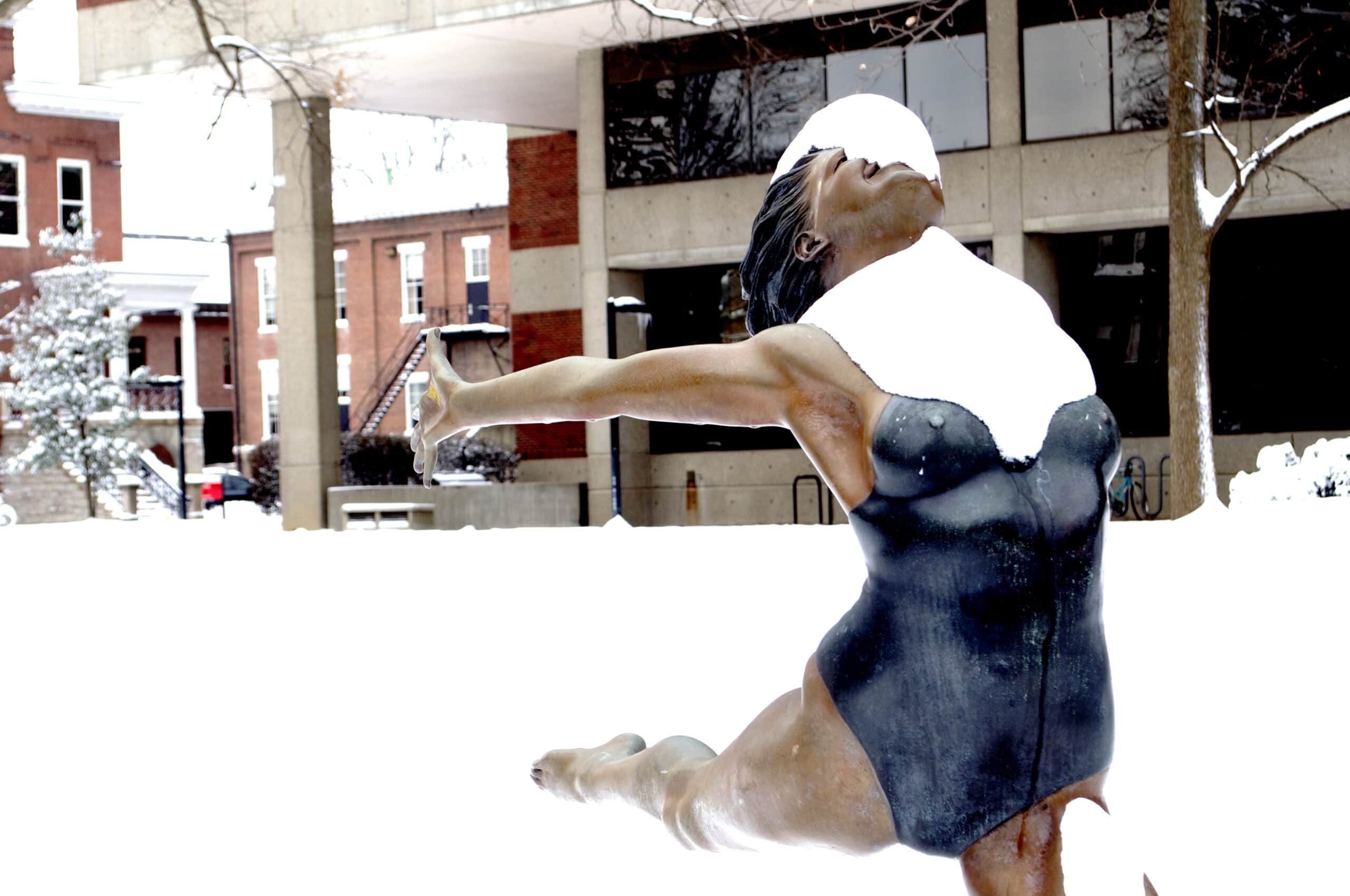For the first time ever, U of L students can take online classes in a new winter term that runs from Dec. 14 to Jan. 4.
Students can register for winter term classes Oct 16. There will be a total of 36 undergraduate and graduate courses.
Most are worth three credit hours. According to the university’s winter term webpage, they will operate as a three-week intensive and will be strictly online.
Acting Provost Dale Billingsley said the university made the decision for this new term in late spring 2017.
“I am grateful to the deans and faculties of the units offering the winter session—Arts and Sciences, Business, Education and Human Development, Social Work and Public Health—who have joined in the background collaboration to get the pilot set up,” said Billingsley.
Tuition for winter term classes will be equal to standard distance education tuition rates, at $497 per credit hour for undergrad and $714 for graduate. That is slightly up from the normal fall/spring rates, at $462 and $681 respectively, according to the Bursar’s Office.
Dean of the College of Arts and Sciences Kimberly Kempf-Leonard explains the motivation behind adding this new term.
“We are trying to continue the upward trends of improving our retention and graduation rates,” she said. “The winter term also could help students on financial aid who really need to drop a class but don’t feel as though they can because of the risk of losing aid.”
Most of the courses are undergraduate, with nine graduate-level. Many of the courses, particularly in the College of Arts and Sciences, are intro-level classes that fulfill general education requirements.
Kempf-Leonard notes the quick pace of these courses, which will move 500 percent faster than traditional semester classes.
“The course will go quickly, and students will need to keep up,” she said.
Both Billingsley and Kempf-Leonard point out that this is a pilot project. U of L will examine student response and success to determine if it should be continued.
Billingsley said, “Of course I hope that the pilot shows that students are clearly taking advantage of this opportunity, leading to a return above-the-threshold targets on the university’s investment of faculty time, expertise and support services.”
According to Kempf-Leonard, “Although this initial winter term is a pilot, and therefore not very large, many of the courses we will be offering are those that satisfy general education requirements or sometimes serve as a bottleneck to students’ degree progression.”




